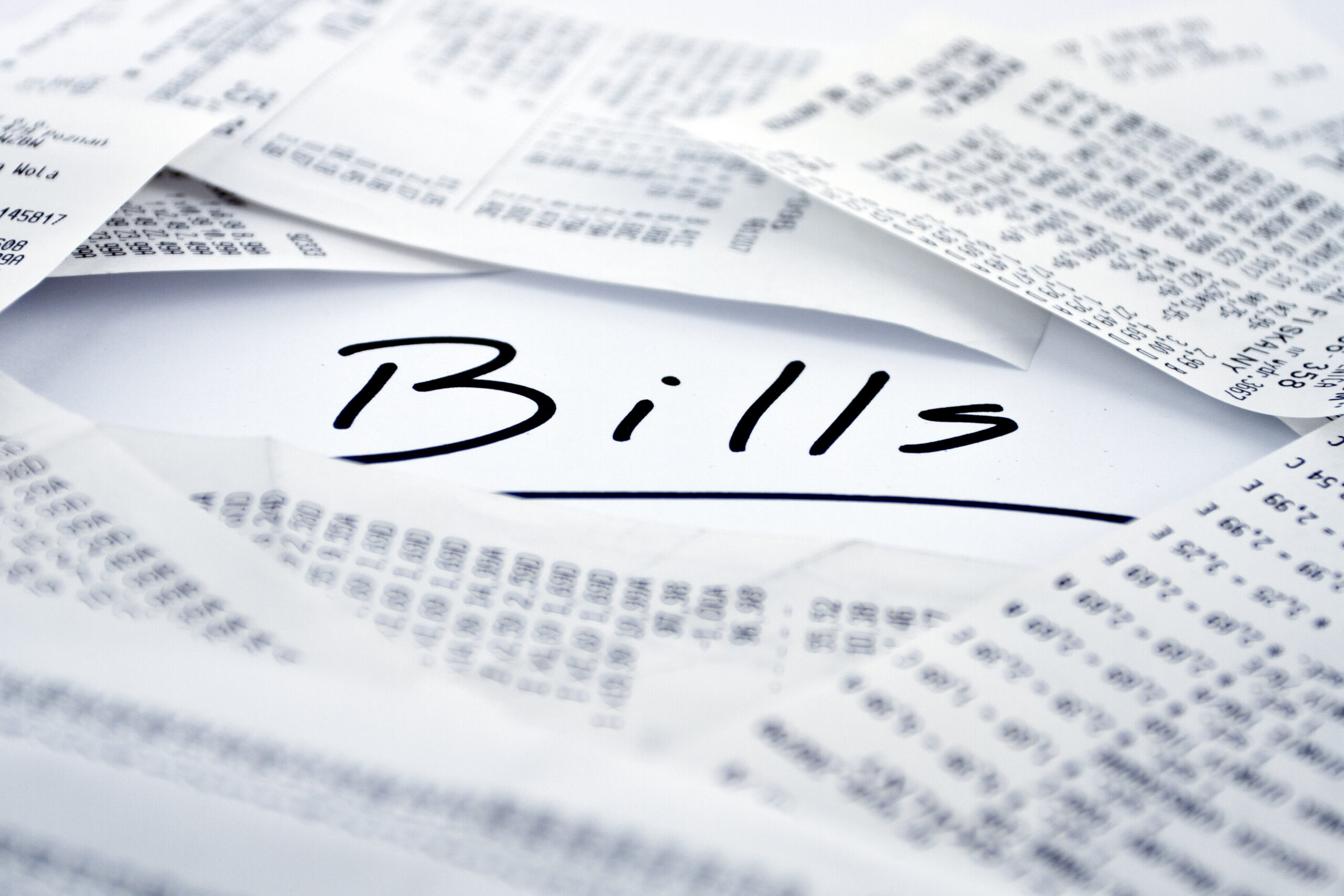

How to Make the Most of Your Stimulus Check

Feb 04 | 2021

With another stimulus check in your pocket, spending the money on anything you want may seem tempting. However, it’s important to consider your responsibilities and to think about how to make the most of your stimulus check rather than spending it recklessly. Take your budget, your monthly expenses, your family, and your future into consideration
The Most In-Demand Job Skills

Oct 01 | 2020

As labor market demands continue changing, redesigned job skills are working their way to the top of employers’ desired skill sets for employees. With nearly 14 million Americans currently looking for work, giving your resume an update has never sounded better! We have cultivated a list of the most coveted and in-demand job skills you
Mortgage Forbearance: What to Know

Jul 17 | 2020

What do you do when financial hardship hits and you can’t make your monthly mortgage payments? This is a question on many homeowner’s minds as nearly 17.8 million Americans are reportedly unemployed during the coronavirus pandemic. When homeowners face financial hardship, such as the loss of a job, they often look to obtain a forbearance
What the “Payment Status Not Available” Stimulus Check Error on the IRS Website Means

Apr 20 | 2020

Thanks to the passage of the CARES Act, many Americans can expect a $1,200 check (or slightly less, depending on your income last year). The Internal Revenue Service is responsible for making these payments, either by mail or through direct deposit. If you filed your taxes last year and opted for a direct deposit option
5 Charities You Can Donate to During COVID-19

Apr 16 | 2020

The Trump Administration’s solution to aid the 16 million Americans who are out of a job thanks to coronavirus? One big, shiny, $1,200 check. As MarketWatch explains, “The Internal Revenue Service will send $1,200 payments to individuals with adjusted gross income below $75,000 and $2,400 to married couples filing taxes jointly who earn under $150,000.
Do I Qualify For Unemployment If I’ve Been Furloughed Because of the Coronavirus?

Apr 03 | 2020

A record number of Americans have applied for unemployment benefits in the wake of the coronavirus pandemic. So many, in fact, that there has been a 3000% jump in jobless claims since early March. Unfortunately, the situation is likely to only get worse. According to Citi economist Andrew Hollenhorst, “Further job loss expected in coming
